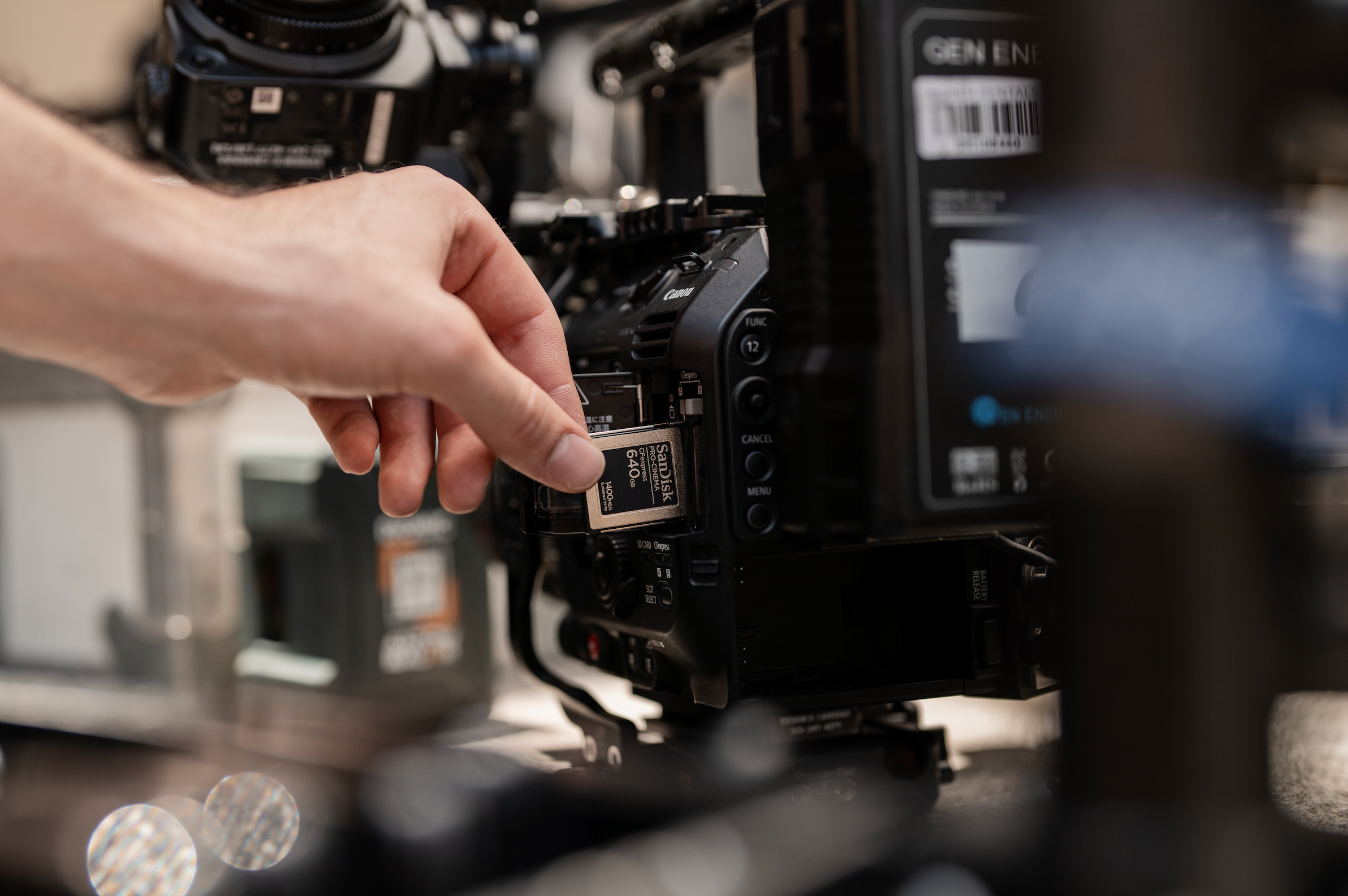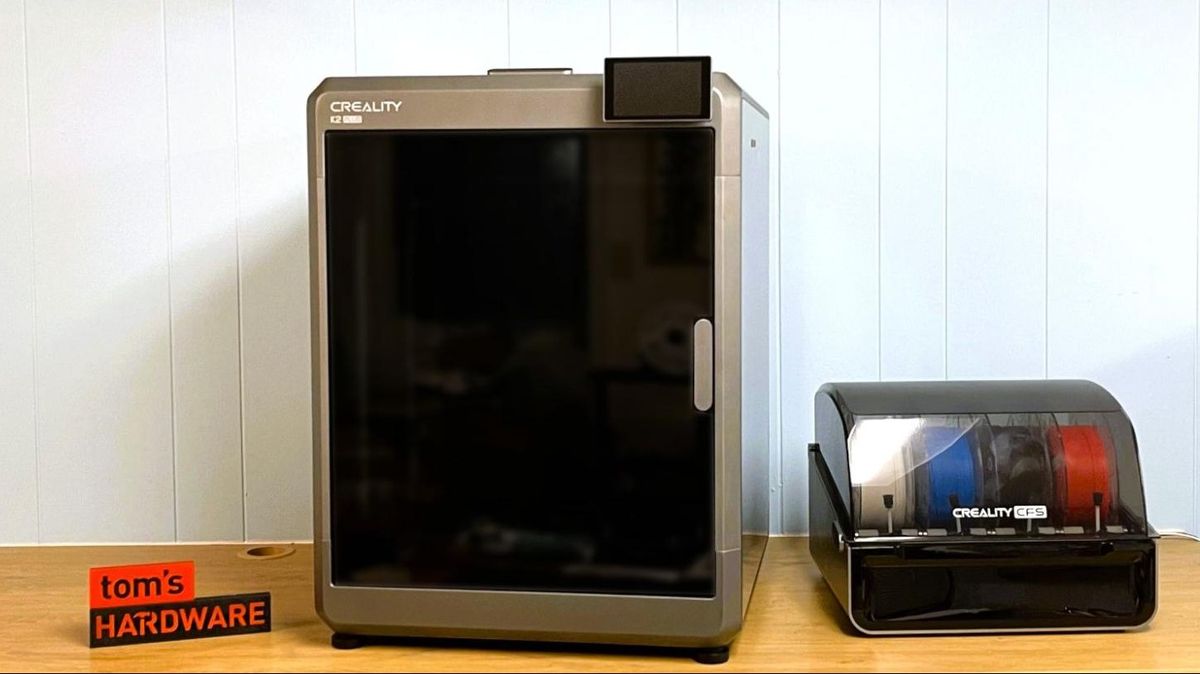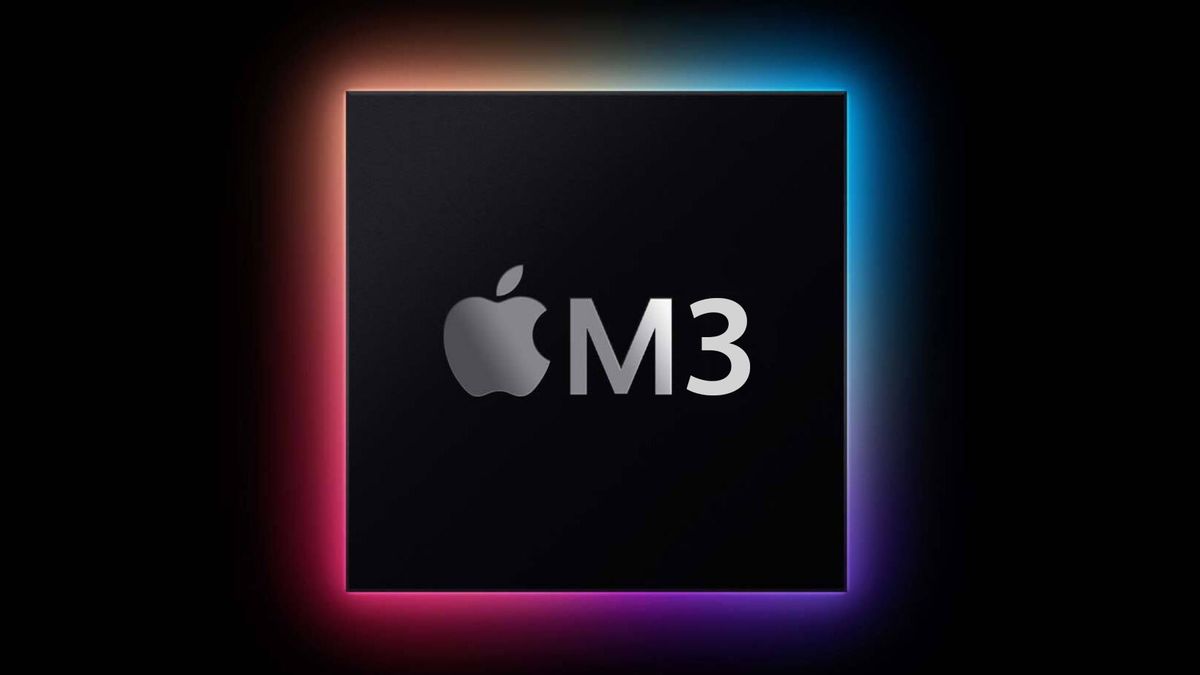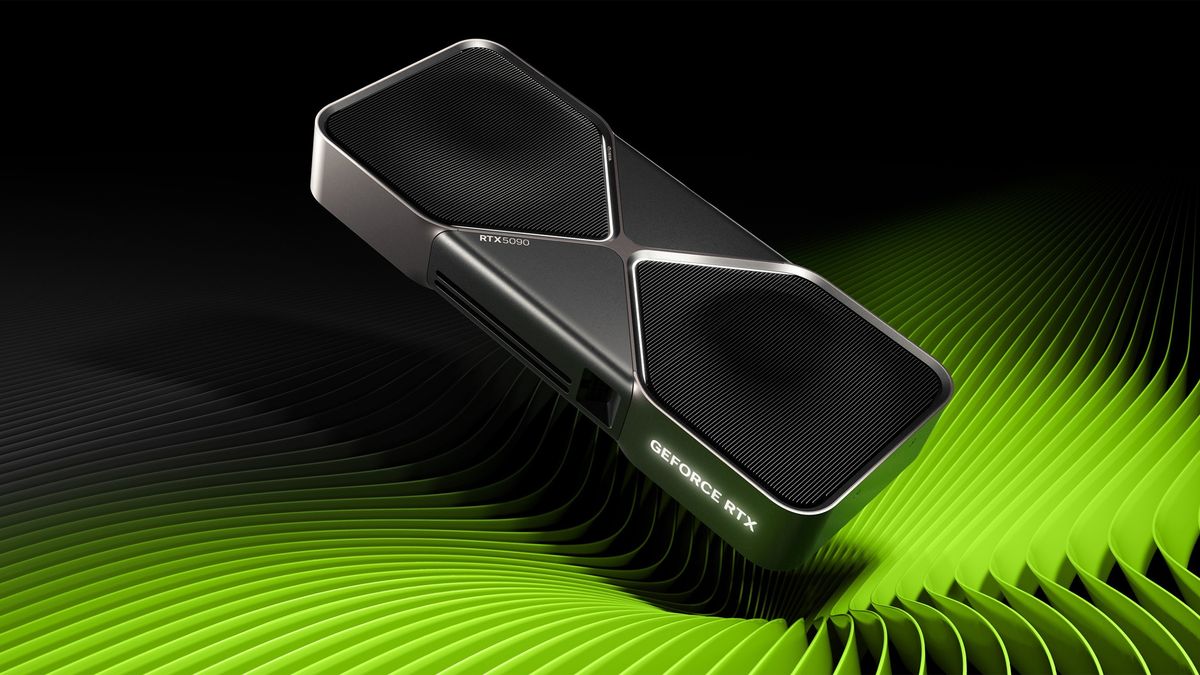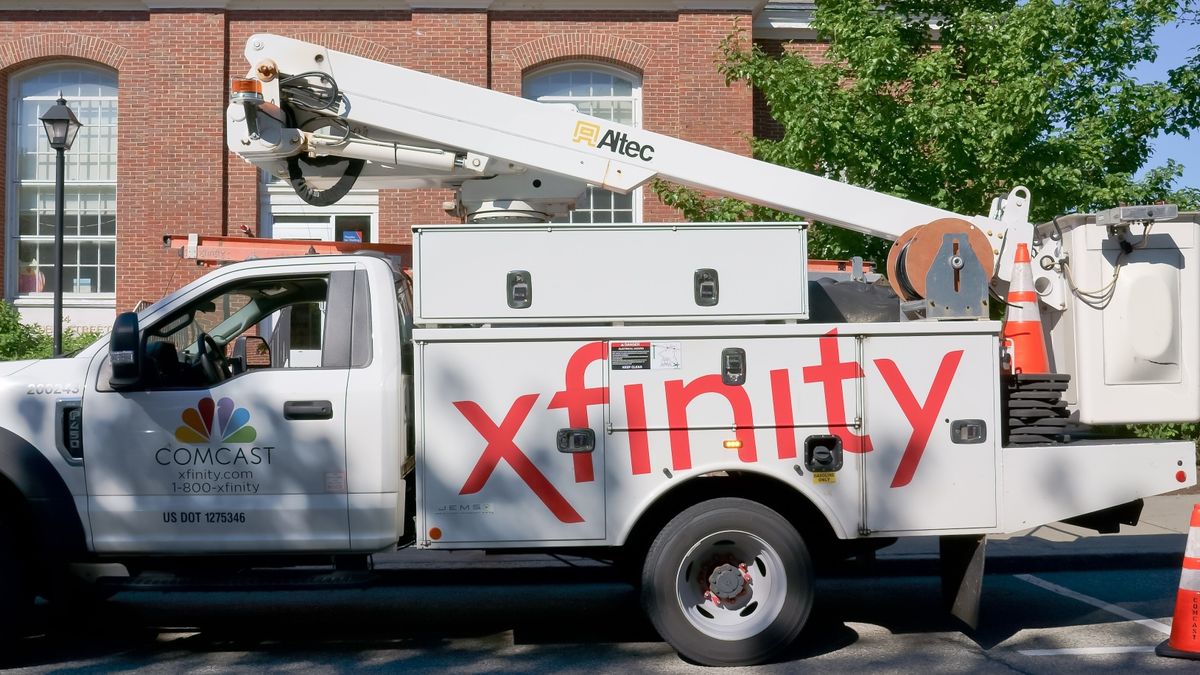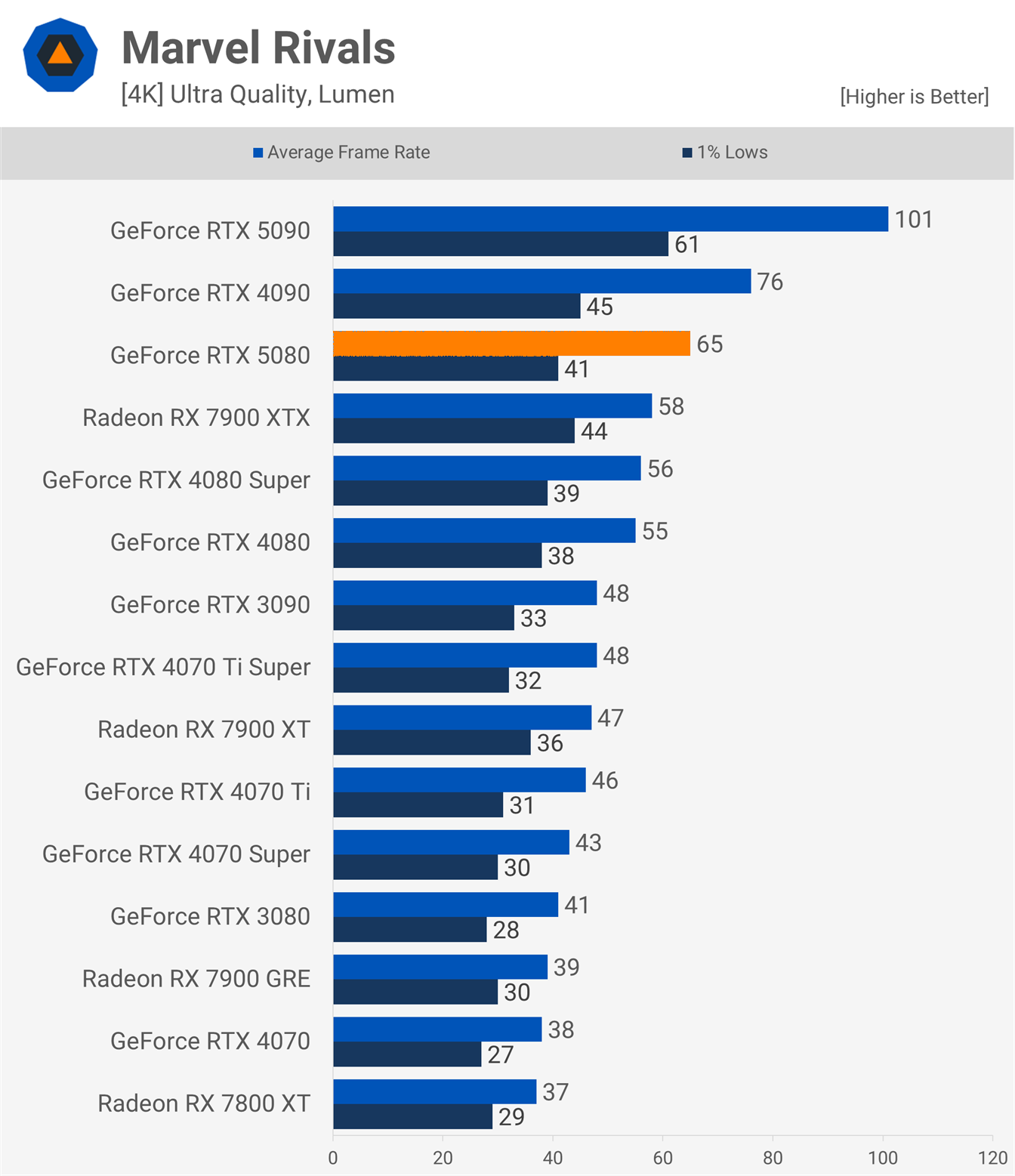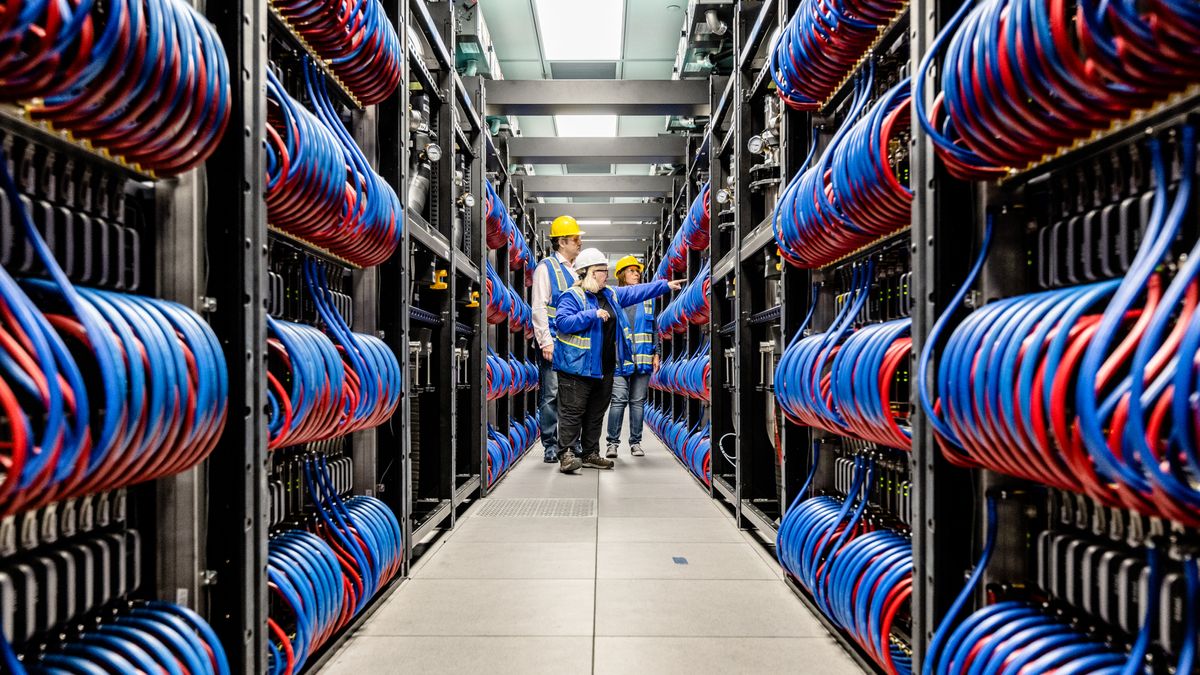PC prices up at least 20%: Trump Tariffs may hurt U.S. system integrators most

Donald Trump’s new “liberation day” tariffs, announced in a splashy White House event on Wednesday, will have a huge impact on the price of virtually all consumer goods. But PCs, particularly those built by smaller, boutique vendors may be hit hardest of all, makers and resellers tell Tom’s Hardware.
Large OEMs such as Dell and HP may be able to limit their exposure by moving production to less-tariffed countries. U.S. brands such as Maingear, iBuyPower and Falcon Northwest assemble their products in America — using parts that come almost exclusively from Asia.
“Tariffs have a direct impact on our cost structure… which we have to pass down to our customers,” Wallace Santos, CEO of Maingear, told us a few minutes before Trump released his latest round of tariffs. “Some of our suppliers are stopping their production lines to move out of China, causing scarcity, which ultimately causes FOMO, which causes even more scarcity.
After yesterday's announcements, Santos said he expects prices for his PCs to go up 20 to 25% as a result of the tariffs.
On Wednesday, Trump announced his full suite of new tariffs, which include rates of 54% on China (+34% on top of the 20% already announced), 32% on Taiwan, 26% on South Korea and 46% on Vietnam. Those are all countries where a lot of PC components such as SSDs, RAM, PC cases and graphics cards are sourced. That 15% number could rise, in other words.
“Some of our GPU suppliers had to stop their Chinese lines to move to Taiwan or Vietnam, causing additional shortages,” Santos told us.
The tariffs had already worsened GPU shortages as manufacturers tried to move from China to less-taxed countries such as Vietnam. Now that those countries have tariffs of their own, there’s no place to go. These suppliers are less likely to move operations from China now that Vietnam and Taiwan also have huge tariffs applied to them.
Get Tom's Hardware's best news and in-depth reviews, straight to your inbox.
"Unfortunately, we now anticipate around 20–25% due to the newly announced tariffs. We’re monitoring closely and will do our best to mitigate the impact," Santos said on Thursday.
Think America will start manufacturing all of its own DRAM and NAND Flash? Think again.
“Sadly the overwhelming majority of PC component manufacturing is not done in the US and never has been,” said Kelt Reeves, CEO of Falcon Northwest. “That means there's no US alternative supplier for most PC parts, so even for a US-based system integrator like us, it just means skyrocketing costs.”
“PCs are a low-margin business that can't just absorb such huge price increases. PCs were already getting more expensive with the GPU shortages and tariffs on Chinese manufacturing,” Reeves added, “and these new tariffs are going to make them much more expensive.”
Jon Bach, CEO of Puget Systems, another system integrator, published a blog post about tariffs last week, claiming that his company will try to absorb some of the costs before passing them along to consumers. Bach’s post was written before the latest lineup of tariffs, and still predicts price increases of 20 to 45 percent by June.
Gary Shapiro, CEO of the Consumer Technology Association was more pointed in his criticism of the Trump tariffs. In a statement, Shapiro wrote:
“President Trump’s sweeping global and reciprocal tariffs are massive tax hikes on Americans that will drive inflation, kill jobs on Main Street, and may cause a recession for the U.S. economy. These tariffs will raise consumer prices and will force our trade partners to retaliate.”
Shapiro is clearly no fan of tariffs, and pulled no punches in his comments: “Americans will become poorer because of these tariffs. This will not be a golden age – but a return to the global economic catastrophe of the Smoot-Hawley tariffs of the 1930s that will disproportionately hurt low income and hardworking Americans.”
Few people in the electronics industry aren’t pulling their hair out about tariffs. But B&H, a discount retailer known for its low prices and focus on A/V equipment, is taking a more spiritual approach to the tumult ahead.
“In general B&H’s overarching and guiding principle is to be patient and not worry,” Senior Business Development Executive Steve Honickman told us back in March. “B&H’s success is with GOD’s help…and our honesty, sharing knowledge and customer service! We can’t control pricing but we always will go above & beyond for our customers!”
What's Your Reaction?
 Like
0
Like
0
 Dislike
0
Dislike
0
 Love
0
Love
0
 Funny
0
Funny
0
 Angry
0
Angry
0
 Sad
0
Sad
0
 Wow
0
Wow
0
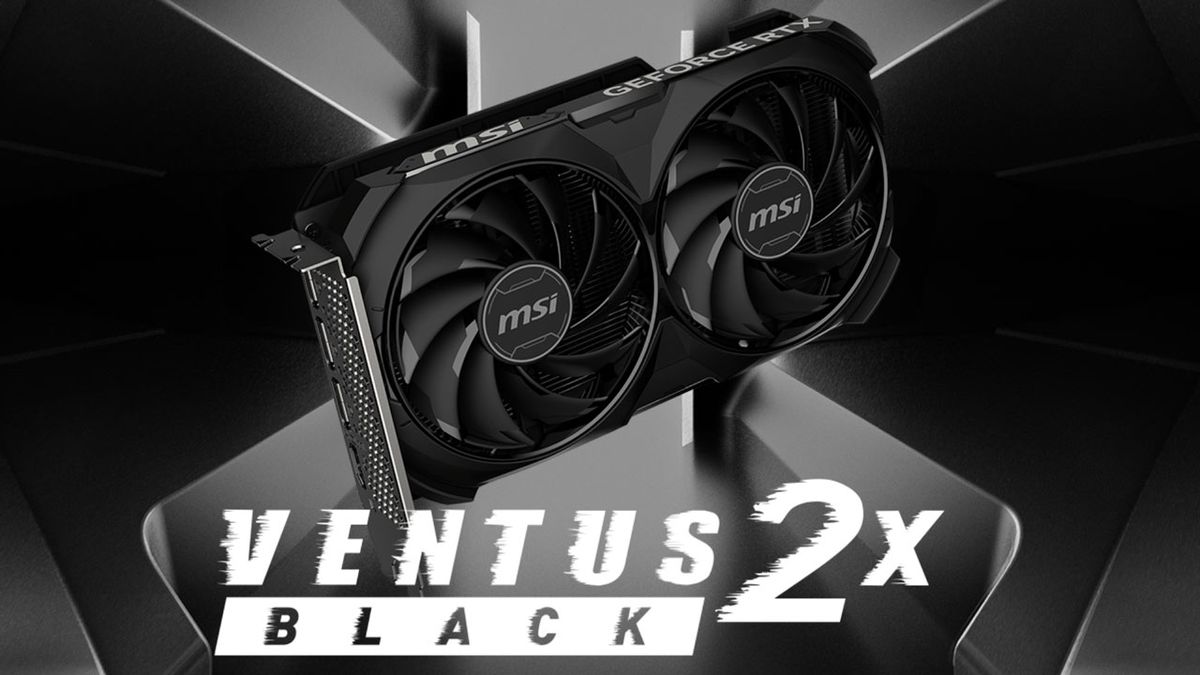

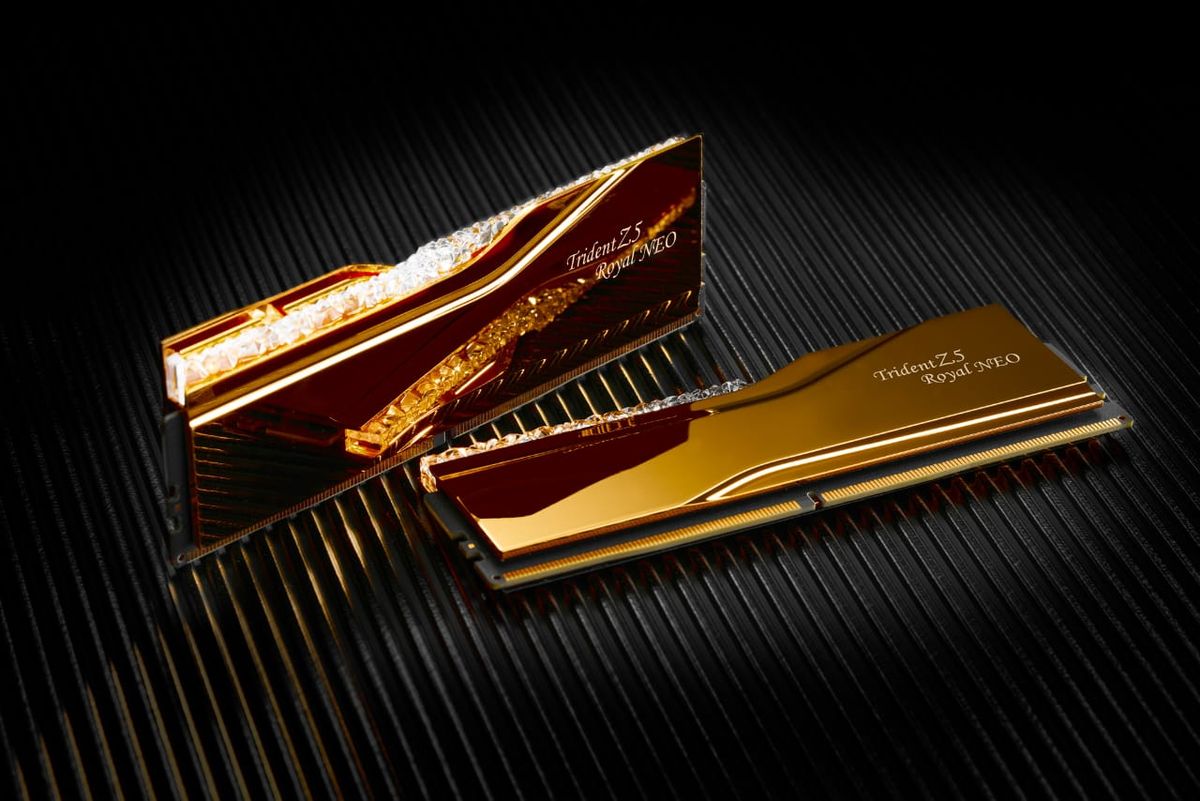
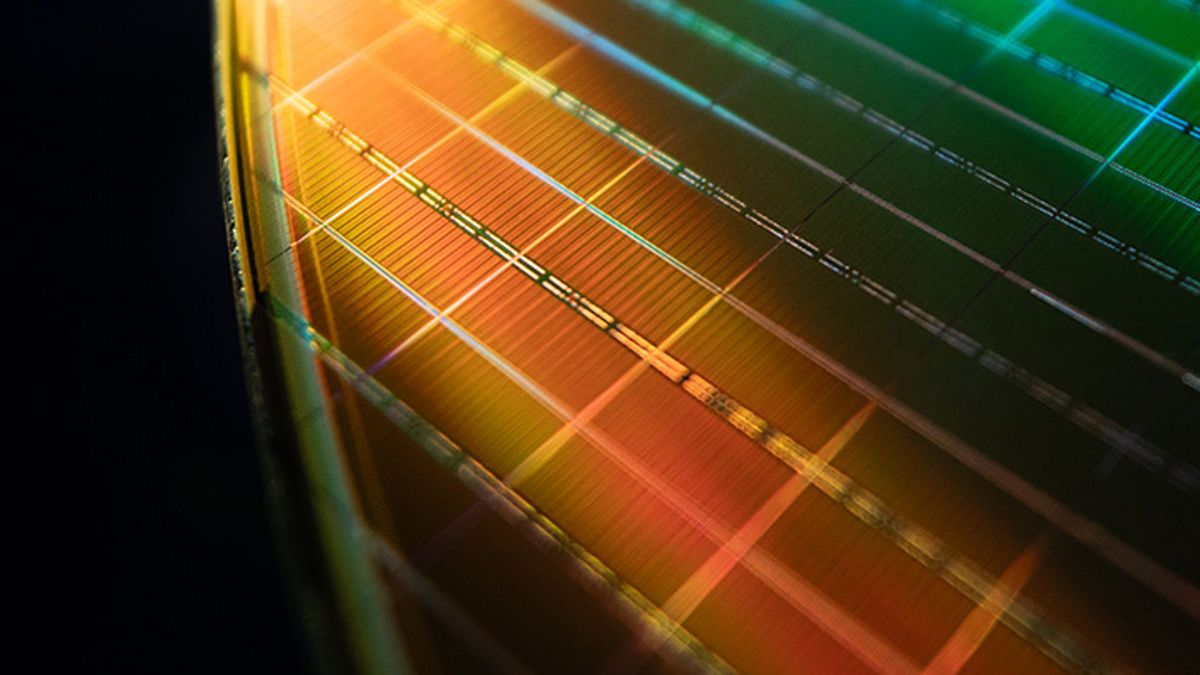
:quality(85):upscale()/2024/08/26/727/n/49351082/a6799e2e66ccad0c7b7166.80986632_.jpg)
:quality(85):upscale()/2025/04/03/921/n/1922729/6942e9c167eef854c44c76.58253293_.png)
:quality(85):upscale()/2025/04/03/017/n/1922153/93ae7b9467ef18b2e8c4d3.50332952_.png)
:quality(85):upscale()/2025/04/01/835/n/1922153/0b01814467ec387f893630.48387482_.jpg)
